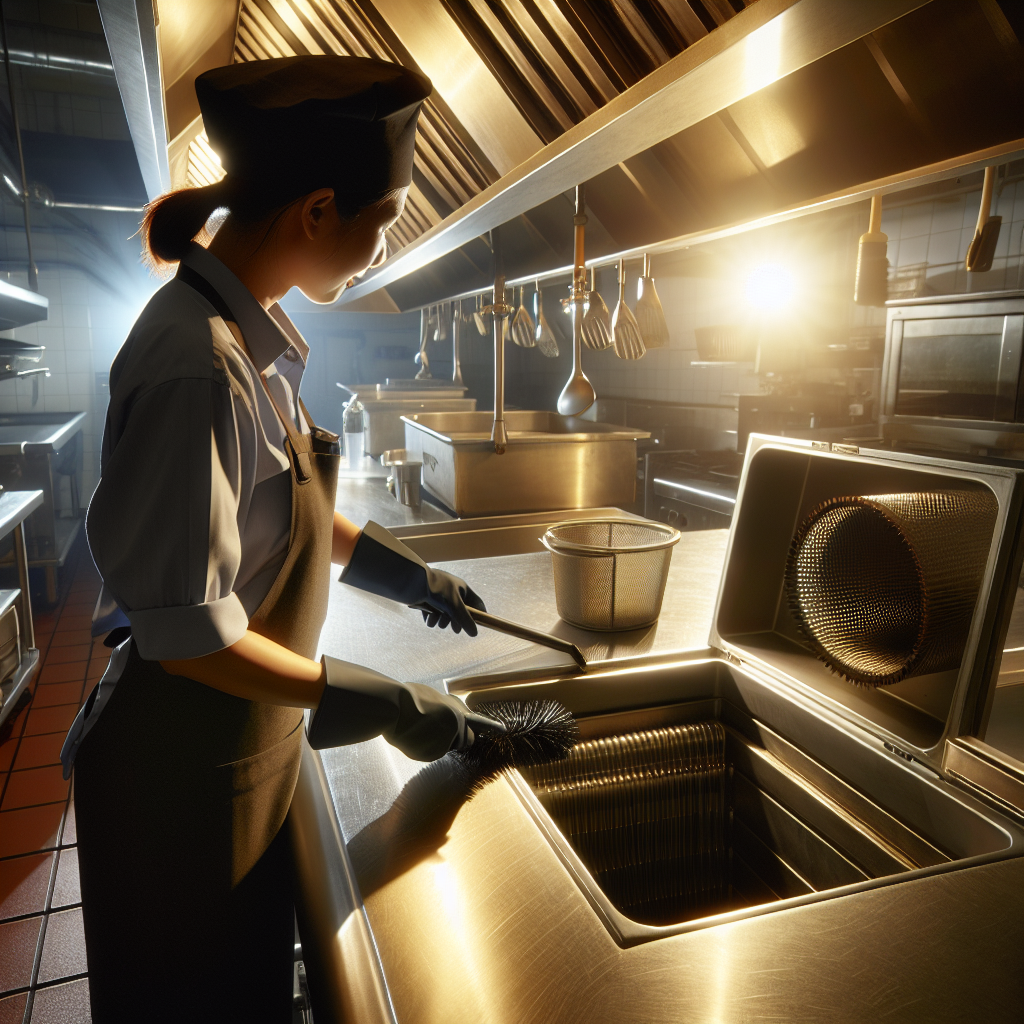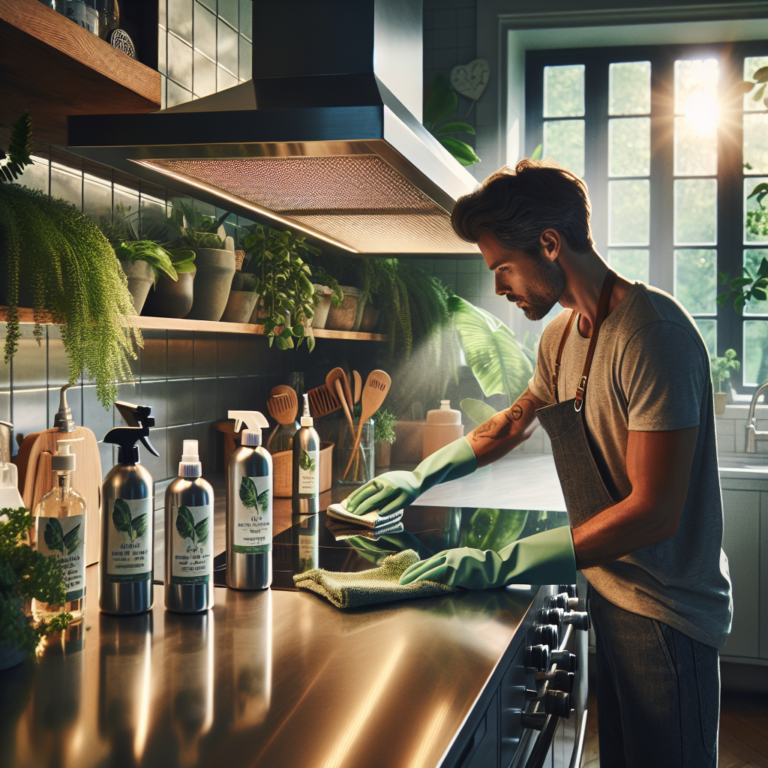Enhance Kitchen Safety with Essential Grease Traps and Hood Cleaning
Understanding the Connection Between Grease Traps and Hood Cleaning
When it comes to maintaining a commercial kitchen, especially in a bustling city like New Orleans, cleanliness and safety are paramount. Two pivotal components of kitchen safety and hygiene are often debated: grease traps and hood cleaning. While these might seem like separate entities, they intertwine more than one might assume, offering a perfect pairing to ensure optimal kitchen function and safety.
The Role of Grease Traps in Commercial Kitchens
Grease traps are fundamental to the operation of commercial kitchens. These devices are designed to intercept fats, oils, and grease (FOG) from wastewater before it enters the sewage system. By effectively capturing these substances, grease traps help mitigate plumbing issues and prevent environmental damage. A properly maintained grease trap also minimizes unpleasant odors and maintains hygiene standards, both critical for restaurant operations.
Why Hood Cleaning Matters
Now, pivoting to the other star of the show—restaurant hood cleaning. Hood cleaning involves the thorough cleaning of exhaust hoods, ductwork, and fans in a commercial kitchen. This process is crucial as it removes the accumulated grease and grime that naturally collects during cooking processes. Failure to regularly clean these components can lead to several issues, including increased fire risks, reduced air quality, and even equipment damage.
How Grease Traps and Hood Cleaning Work Together
At first glance, grease traps and exhaust hood cleaning may appear to serve disparate functions. However, the synergy between these two systems can significantly enhance the efficiency and safety of your kitchen.
- Reduced Grease Accumulation: A well-maintained grease trap reduces the amount of grease that makes its way into the kitchen’s exhaust system. This can lead to less frequent hood cleaning requirements.
- Enhanced Air Quality: Unchecked grease can become a latent problem, lingering in the air and affecting air quality. Regular cleaning of both hoods and grease traps helps maintain a healthier kitchen environment.
- Lower Fire Hazards: Most importantly, both practices significantly reduce fire hazards. Grease is extremely flammable, making its buildup a dangerous yet preventable fire risk.
Complying with Health and Safety Regulations
Both grease traps and hood cleaning are not just about maintaining a safe environment but are also necessary for compliance with health and safety regulations. Non-compliance can result in penalties or even closure of the business, a risk no restaurant owner can afford. New Orleans, like many other cities, has stringent requirements for commercial kitchen operations. Therefore, integrating these cleaning practices into a regular maintenance schedule is non-negotiable.
Best Practices for Grease Trap and Hood Cleaning
- Scheduled Routine Maintenance: Establish a regular cleaning schedule that includes both grease traps and commercial kitchen hood cleaning. Most experts recommend having hoods cleaned every three to six months, though this can vary based on kitchen output and regulations.
- Hire Professionals: Professional services in New Orleans have the equipment and expertise to ensure thorough cleaning that adheres to industry standards.
- Monitor and Document: Keep a strict log of cleaning schedules, issues encountered, and maintenance activities. Documentation ensures compliance and helps troubleshoot potential problems.
- Stay Informed: Regulations change, and staying updated on local health and safety requirements ensures you remain compliant and reduces unexpected future costs.
Grease Management and Sustainability
In addition to ensuring safety and compliance, proper grease management and routine hood cleaning align with sustainability efforts. Overloaded grease traps can lead to blockages, resulting in disastrous environmental consequences and hefty fines. Emphasizing eco-friendly practices in grease trap management goes a long way in protecting New Orleans’ unique environment.
Partnering for Success
Ultimately, pairing grease trap management with a strategized hood cleaning routine creates a synergy that enhances kitchen efficiency, reduces hazards, and supports compliance with health codes. From restaurants to school cafeterias, commercial kitchens across New Orleans benefit significantly from these paired practices—keeping operations smooth and customers happy.
For those searching for a reliable solution, enlisting the expertise of local professionals is crucial. They understand the specific needs and regulations of New Orleans, providing an invaluable service that supports both New Orleans Hood Cleaning and overall kitchen maintenance.







